One of the most common “boilerplate” provisions you’ll find in most contracts is a choice of law provision.
For example, if you’re a business owner and a vendor or other third-party presents you with a contract of some sort to sign, it’s almost certain that the contract will contain a provision that expressly provides what state’s law governs the contract.
So, although let’s say, you’re a Tennessee small business doing business in the Nashville area, the contract you enter into may say that in the event of a dispute between you and the other party, the law of the State of California will govern your contract.
Needless to say, not all states have the same substantive law applicable to contracts, so a choice of law provision that calls for California law to be applied may not be what you want. That is why choice of law provisions are among the most heavily negotiated provisions in any contract negotiation.
But, does a choice of law provision in a contract also mean that the law of the state that governs the contract also means that all disputes between the parties must be handled in the courts of that governing law state? In other words, if your contract says that New York law governs the contract, does that mean that all litigation to resolve disputes between the parties must be in a court in the State of New York?
The Tennessee Court of Appeals just issued an opinion (Delong v. Brian Paul General Partner, LLC) on November 24, 2021, that addresses this precise question.
In this case, there was a promissory note pursuant to which one party borrowed $250,000 from the other party. The note was not paid when due, and the lender filed suit in Williamson County, Tennessee. The note called for the law of the State of New York to govern the promissory note, but there was no provision in the promissory note expressly stating which state’s courts was the chosen forum for any dispute between the parties.
The borrower entity took the position that the lender could not bring its claim in a Tennessee court because of the New York choice of law provision. The lender took the position that the New York choice of law provision did not restrict the lender from suing in a Tennessee court.
The Tennessee Court of Appeals agreed with the lender, essentially making it clear that a contractual choice of law provision does not by its terms also constitute a choice of forum.
The takeaway from this case is that parties to a contract should include in their contracts not only a choice of law provision, but also a choice of forum provision.
